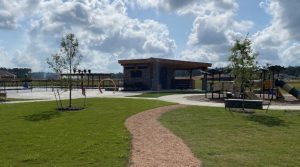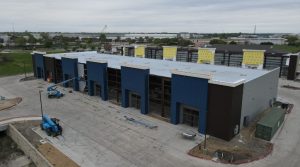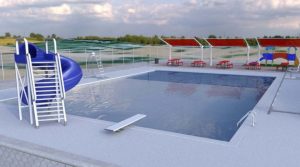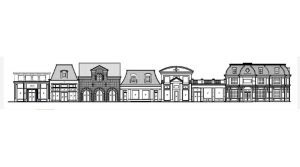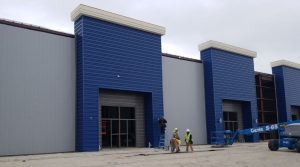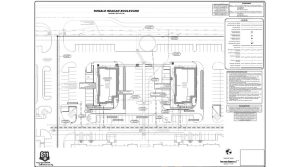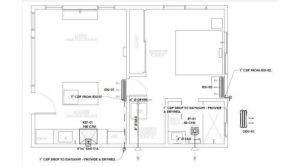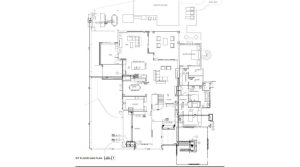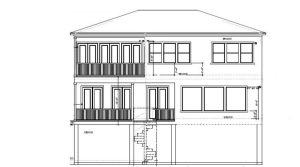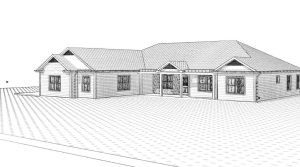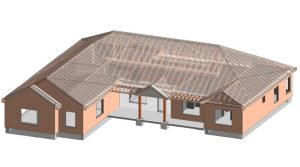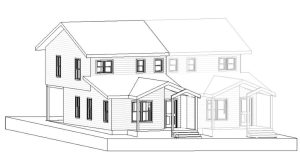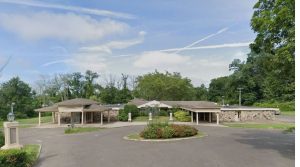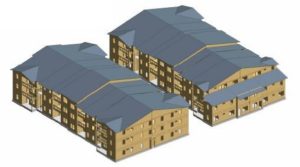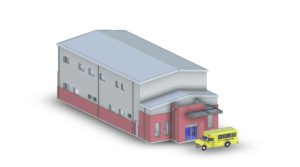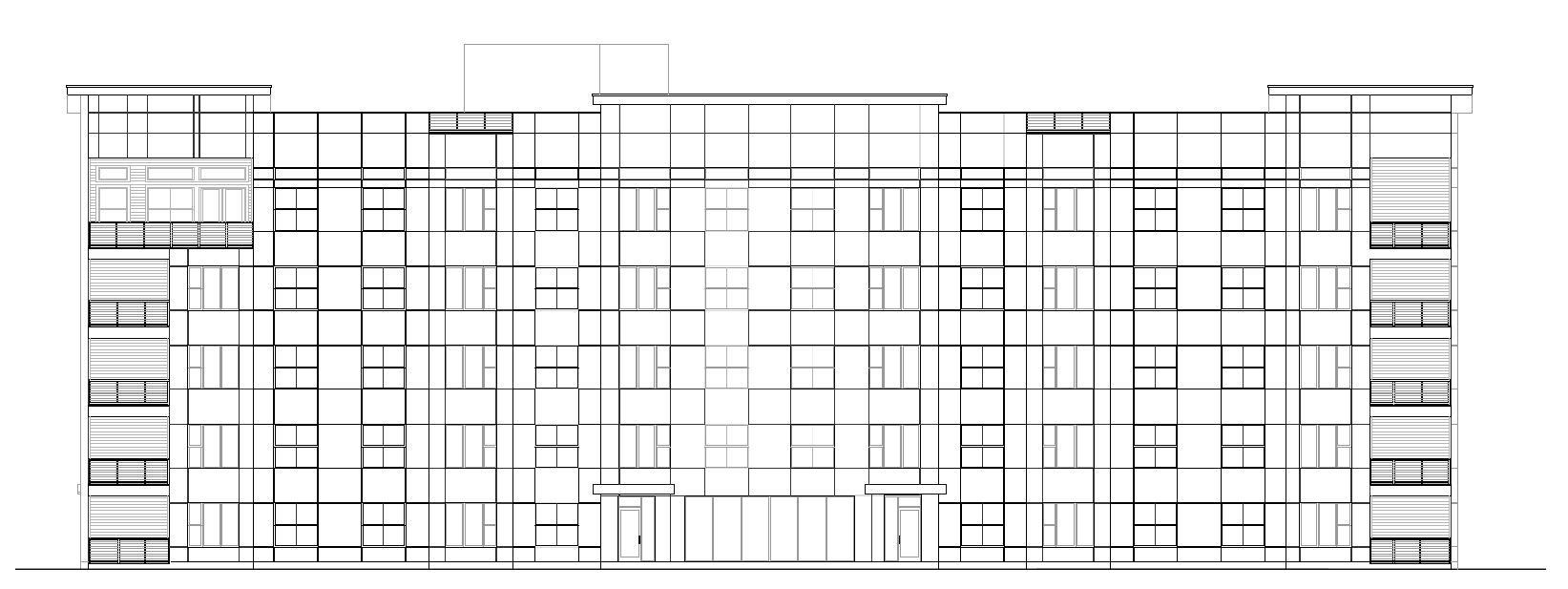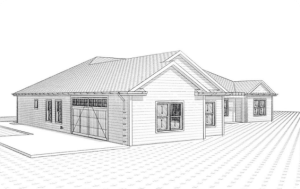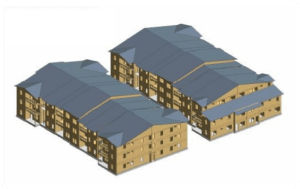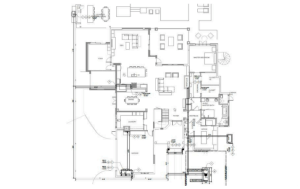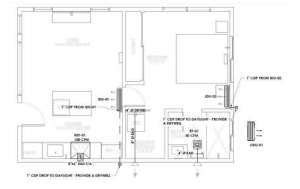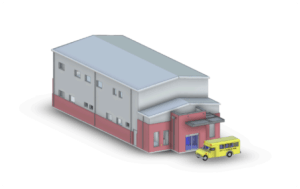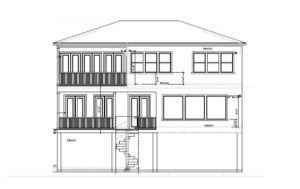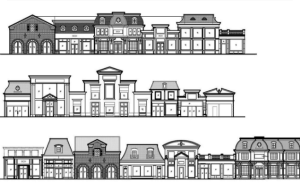Integrating Renewable Energy Systems in Modern Engineering Designs
In the quest for sustainability, integrating renewable energy systems into engineering design has become essential. As climate change worsens and carbon footprints grow, engineers are finding new ways to use clean energy. This shift goes beyond just adopting green technologies. It’s about reimagining how we build infrastructure, buildings, and cities to support a sustainable future.
The Role of MEP Engineering in Sustainability
The urgency to integrate renewable energy system stems from the escalating effects of climate change, coupled with the depletion of fossil fuels. Renewable energy, derived from natural processes that are continuously replenished, offers a clean, inexhaustible, and increasingly cost-effective solution. MEP engineering plays a crucial role in this transition, focusing on the integration of mechanical, electrical, and plumbing systems that are compatible with renewable energy sources to enhance building efficiency and sustainability.
Key Benefits of Renewable Energy Integration
Integrating renewable energy systems brings several advantages. It reduces greenhouse gas emissions and lowers reliance on fossil fuels. Furthermore, it boosts energy security and creates new jobs in the clean energy sector. In the long run, it also cuts energy costs for homeowners and businesses. Therefore, focusing on energy systems is not only eco-friendly but also economically smart.
Challenges and Solutions in Renewable Integration
Despite the benefits, some challenges remain. High upfront costs, technology gaps, and inconsistent energy supply from sources like solar and wind can be barriers. However, innovative solutions and smart engineering are helping overcome these issues. Civil and structural engineers are now designing more resilient systems. These systems can efficiently harness renewable resources and adapt to evolving needs.
Leveraging Expertise for Sustainable Outcomes
Strategies for effective integration include incorporating flexibility in design to accommodate various renewable energy systems. This is where an engineering consultant can provide invaluable expertise, offering tailored solutions that blend renewable technologies with traditional engineering practices to achieve optimal performance and sustainability in modern designs.
Innovations Shaping the Future of MEP Engineering
As we look toward the future of MEP engineering, it’s clear that the field will continue to evolve, driven by the need for sustainable and energy-efficient building designs. Leveraging smart grids, investing in energy storage, and adopting renewable energy sources are just a few of the innovations that MEP engineers are spearheading to address the challenges of climate change and resource scarcity.
Strategies for Integrating Renewable Energy in Engineering Designs
1. Incorporate Renewable Energy Sources Early in Design: Integrating solar panels, wind turbines, and other renewable energy systems during the initial design phase ensures seamless incorporation and maximizes energy efficiency.
2. Utilize Advanced MEP Systems: Implementing advanced mechanical, electrical, and plumbing systems that are designed to work with renewable energies can significantly enhance building sustainability.
3. Invest in Energy Storage Solutions: Addressing the intermittency of renewable sources through energy storage technologies like batteries and thermal storage systems is key to ensuring a stable energy supply.
4. Embrace Smart Grid Technology: Smart grids enable better management and distribution of renewable energy, improving efficiency and reducing waste.
The integration of renewable energy systems in modern engineering designs is not just a trend; it’s a necessity for a sustainable future. By embracing innovation, overcoming obstacles, and working collaboratively, we can create a sustainable world for future generations. The journey toward a sustainable energy future is both challenging and rewarding, offering a promising path forward for engineering disciplines dedicated to creating a greener, more sustainable world.

